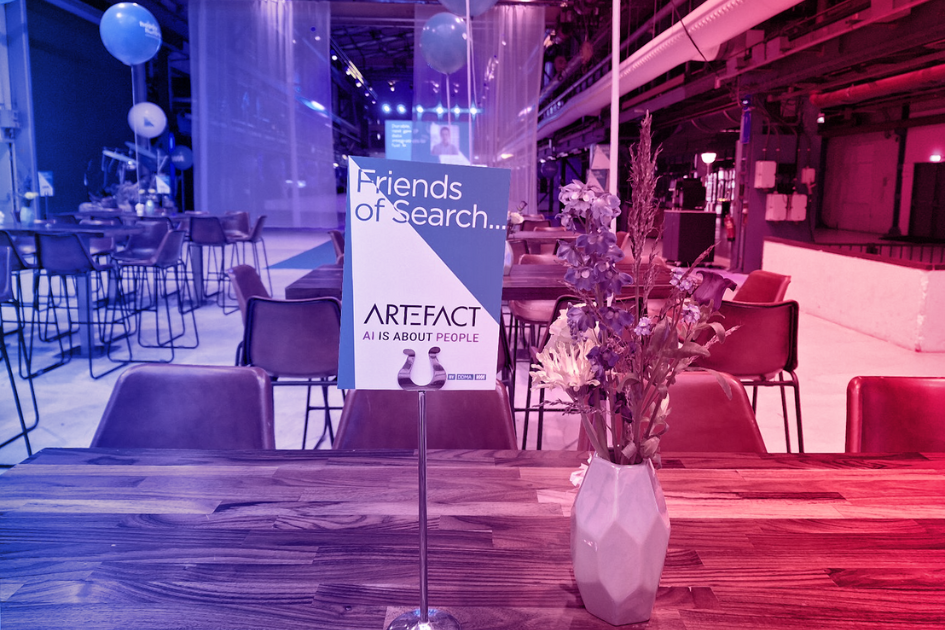The 11th edition of the Friends of Search (FOS) conference, held on March 21st, 2024, again proved to be a stimulating forum for exploring the burgeoning role of Artificial Intelligence (AI) within the field of Search Marketing. This article offers our analysis of the key takeaways and insights gathered from the event.
The Centrality of First-Party Data
A recurring theme throughout Friends of Search was the importance of first-party data in unlocking the full potential of AI. This focus on owned data goes hand-in-hand with the impressive growth of integrated AI capabilities within platforms such as Google and Microsoft. We won’t delve into these platform-specific enhancements here (we encourage you to explore them), but it’s important to recognize the broader trend: first-part data is key!
While ‘contact information’ like email addresses might be the first thing that comes to mind for marketers when ‘first-party data’ is mentioned, effective utilisation of first-party data encompasses a much wider spectrum of customer touchpoints and business insights. By harnessing data from offline (store) behaviour, stock inventory, product returns, customer reviews, profit share models, and customer profile preferences, a comprehensive profile of (potential) customers and business results is formed.This deeper understanding empowers the creation of highly targeted and successful PPC campaigns that not only drive revenue but also align with the broader organisational objectives.
Beyond Revenue: A Holistic Approach to PPC
This focus on alignment brings us to another key takeaway from the conference: the need to break down silos. The experience for a lot of marketers is that companies often operate in silos, where performance and marketing are traditionally viewed as distinct disciplines with separate objectives. However, to be able to reach the broader organisational objectives, the speakers at the conference emphasised the importance of adopting a holistic approach.
With the rapid growth and use of AI models, the level of creativity (for e.g. ad creatives) and conversational AI are helping to play a pivotal part in reaching desired goals. Who knows, will keywords even be a thing in the future, or will we just search in full sentences? Creativity, personality and relevance are how companies will distinguish themselves from competitors. This shift necessitates a closer synergy between Brand Marketing and Performance Marketing. By fostering an integrated approach, organisations can leverage the unique strengths of both disciplines to achieve optimal performance.
Leveraging AI to Transcend the Mundane
Similarly, the conference emphasised the value of built-in automation features within existing platforms like Google Ads and Microsoft Advertising. For example, integrating Copilot into your Microsoft advertising account and generating relevant imagery and headlines for your campaigns. Martin Röttgerding’s presentation on ad customizers at the keyword level exemplified this concept as well. This technique allows for dynamic adjustments to ad copy, reducing ad groups and thus simplifying the management of large Google ads accounts.
Both the exploration of dedicated AI tools and the focus on built-in automation highlight how AI can free marketers from repetitive tasks, allowing them to focus on more strategic and creative endeavours.This focus on practicality resonated with the overall theme of AI empowering human marketers.
Conclusion: A Future Empowered by AI
The 11th Friends of Search conference served as a testament to the transformative potential of AI within the realm of Search Marketing. By leveraging the power of AI for data analysis, campaign automation, and strategic optimisation, marketers can elevate PPC campaigns to new levels of effectiveness and creativity. Making A(I) day at Friends of Search, one for the books.
Interested in the key learnings from a Search Engine Optimization perspective? Have a look at this article.

 BLOG
BLOG






